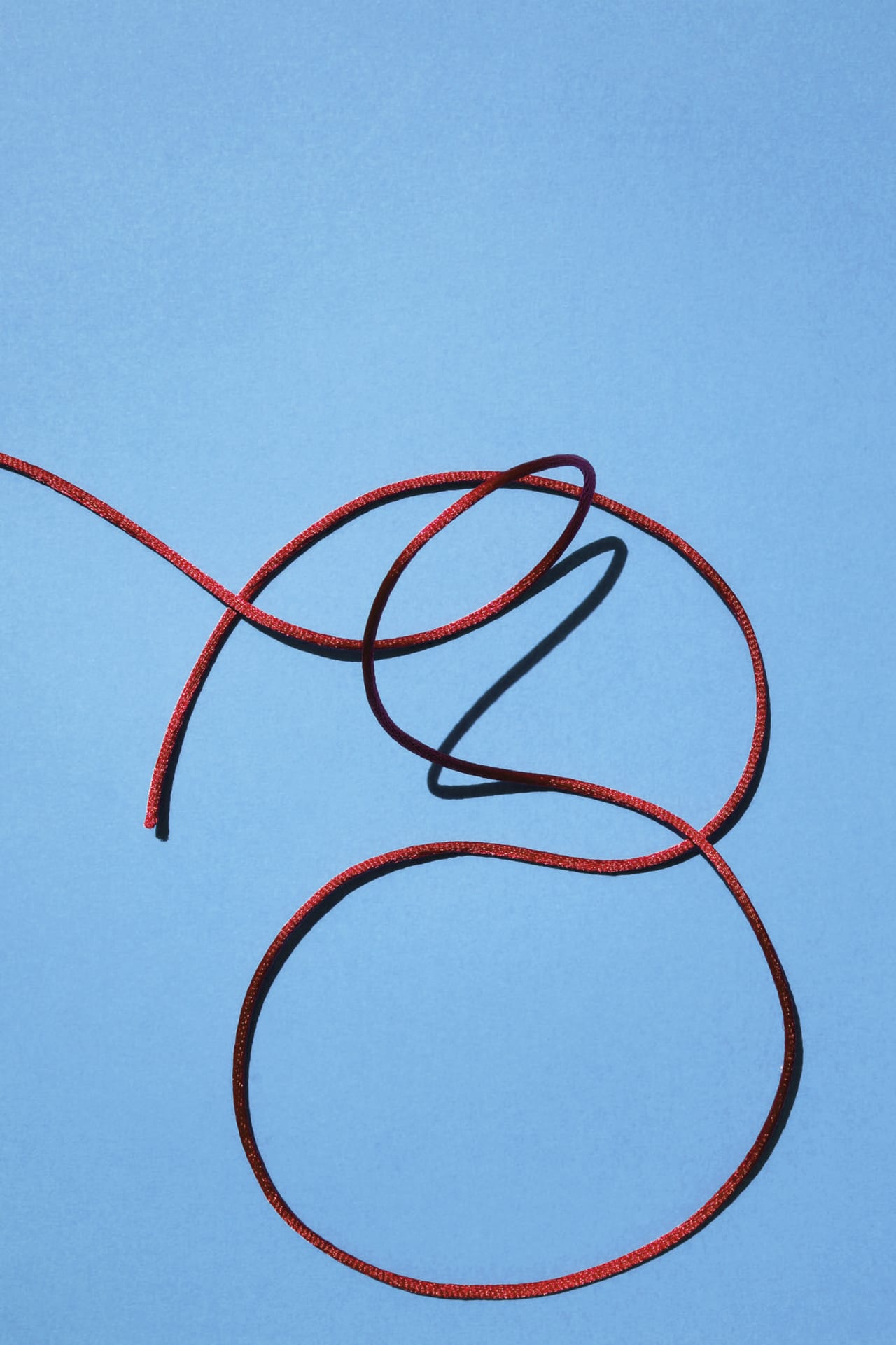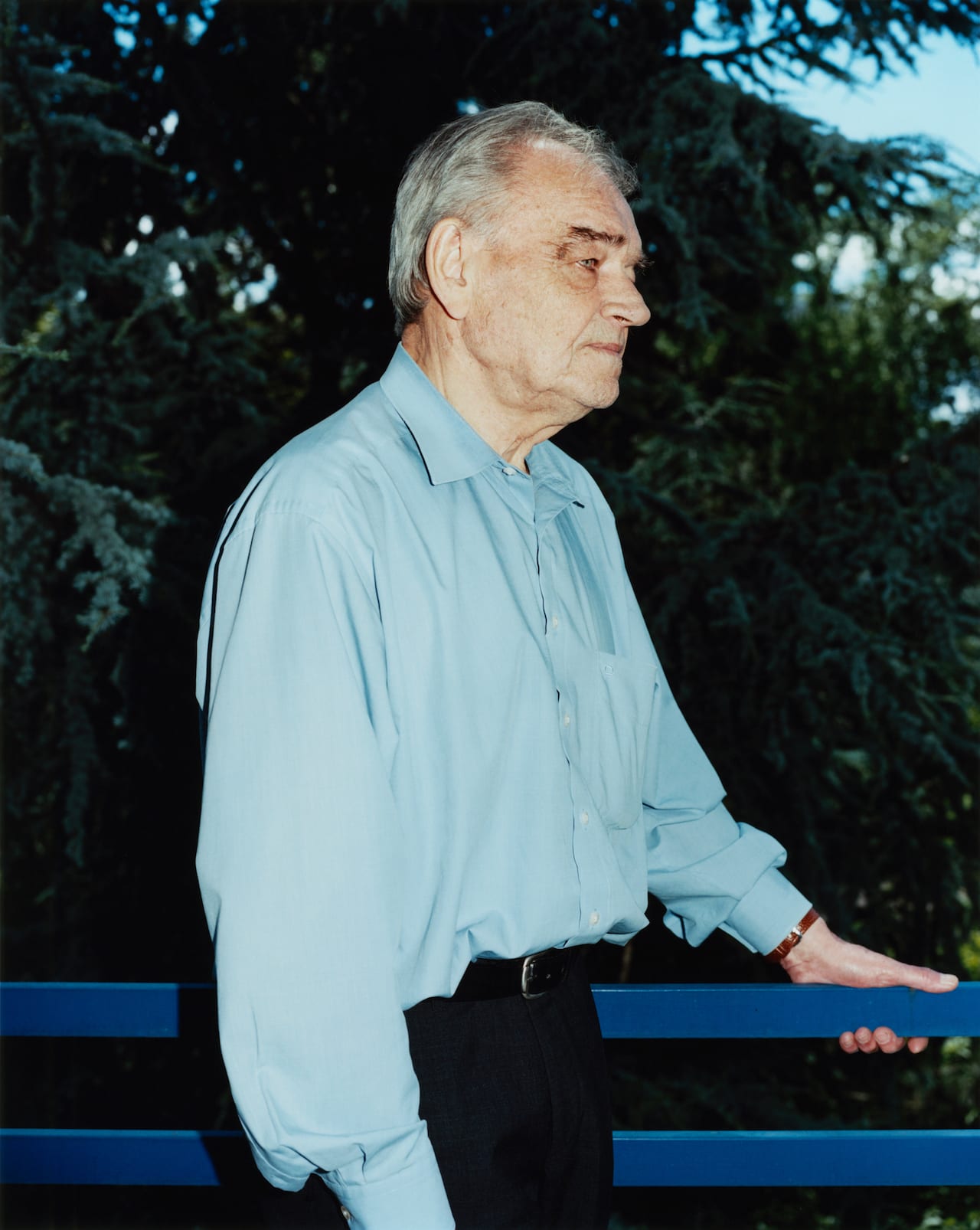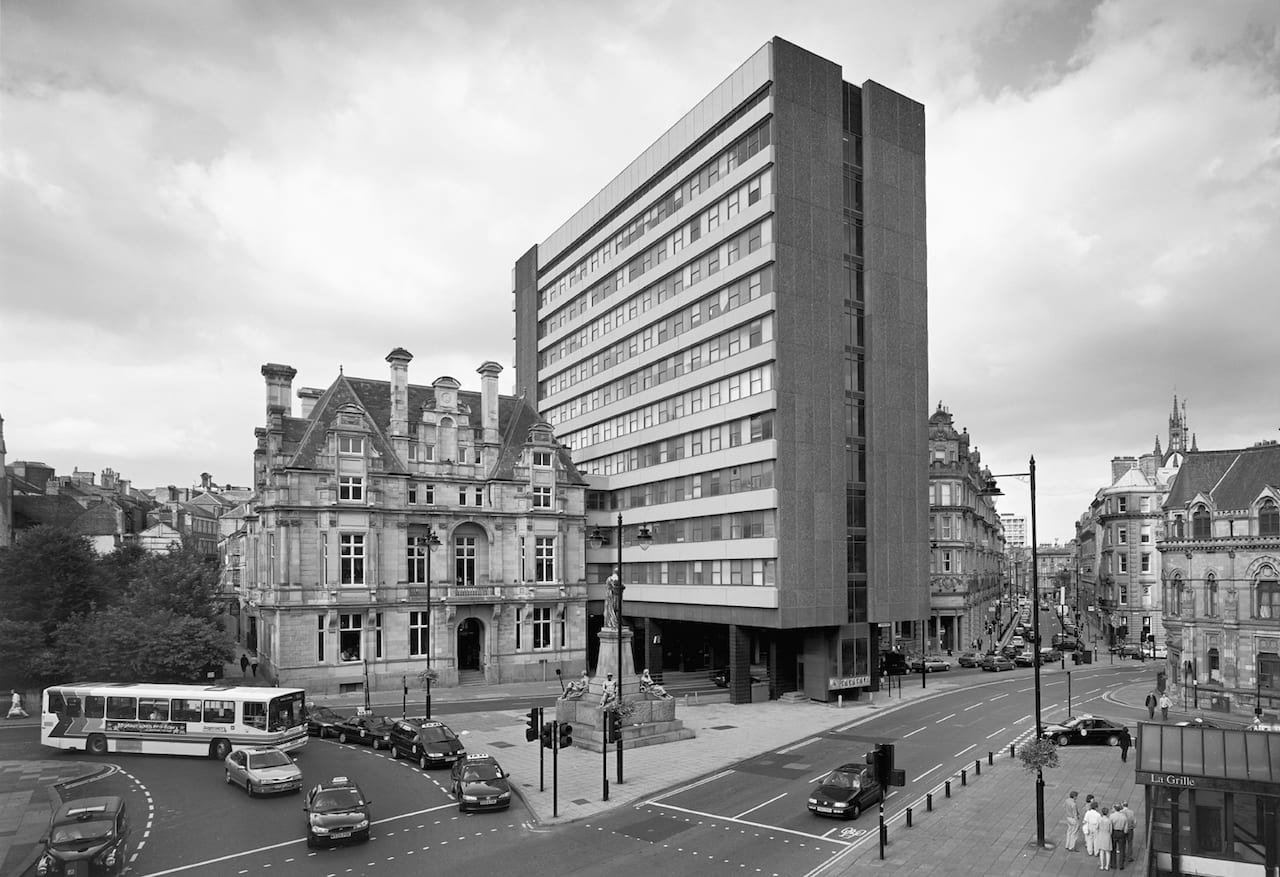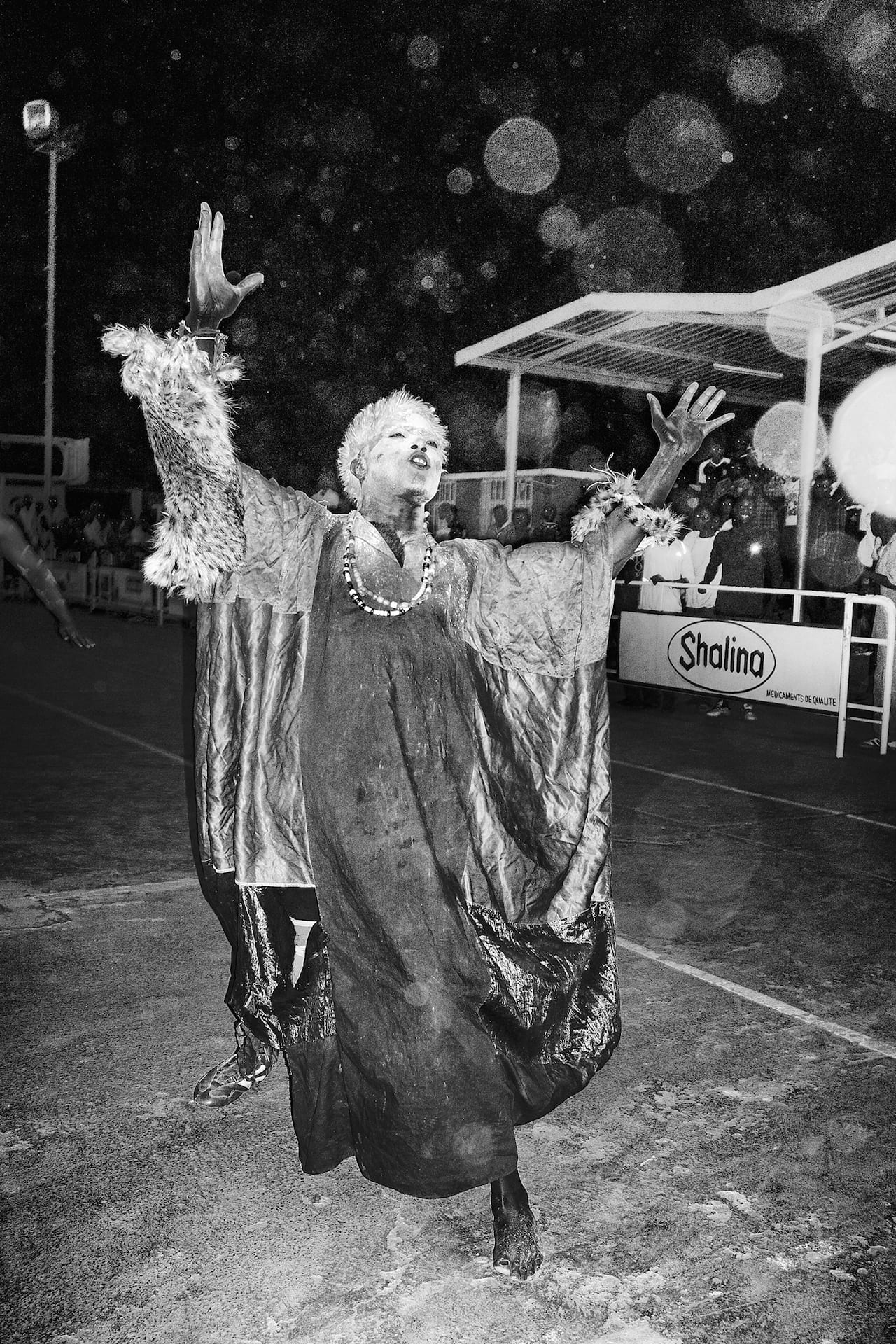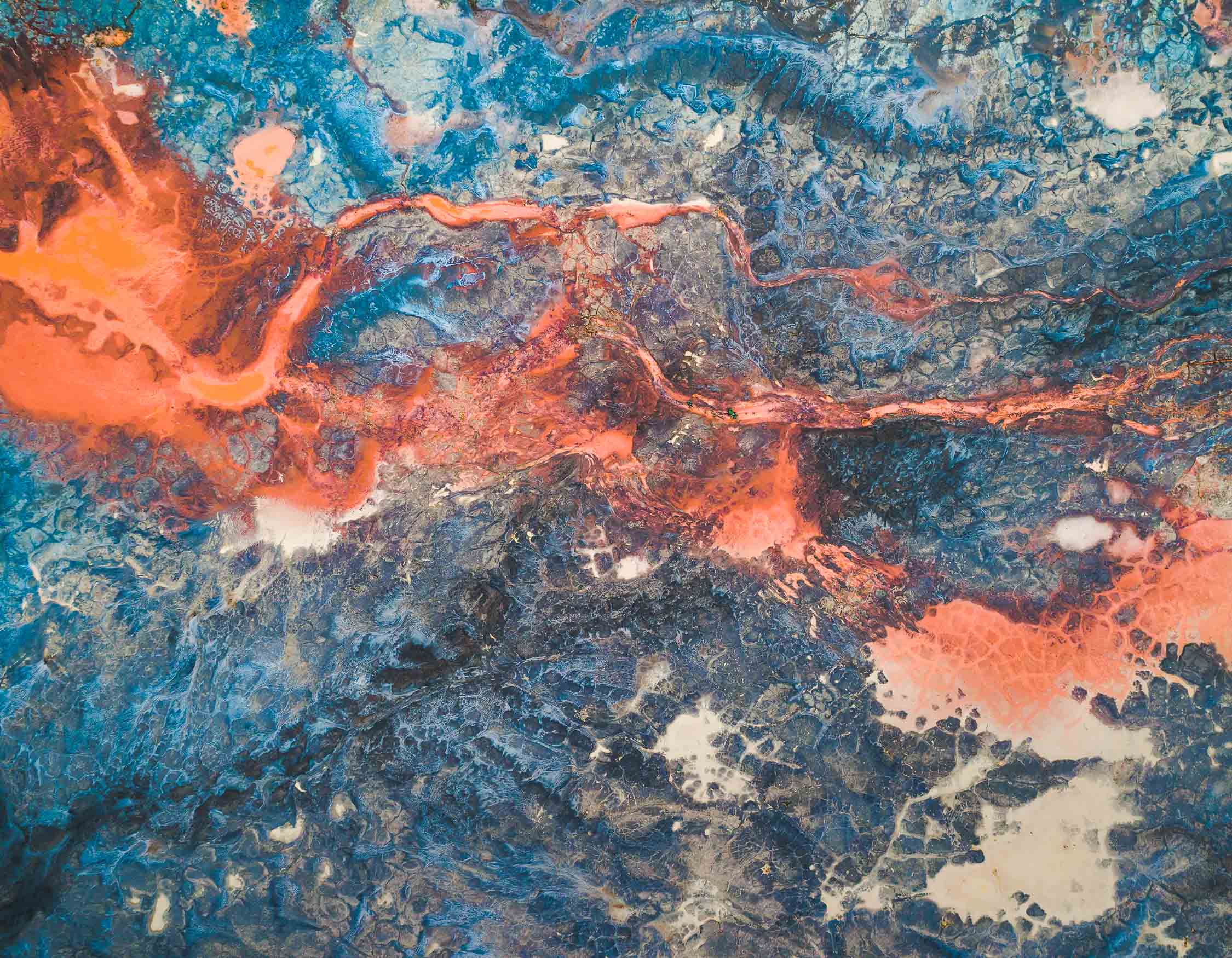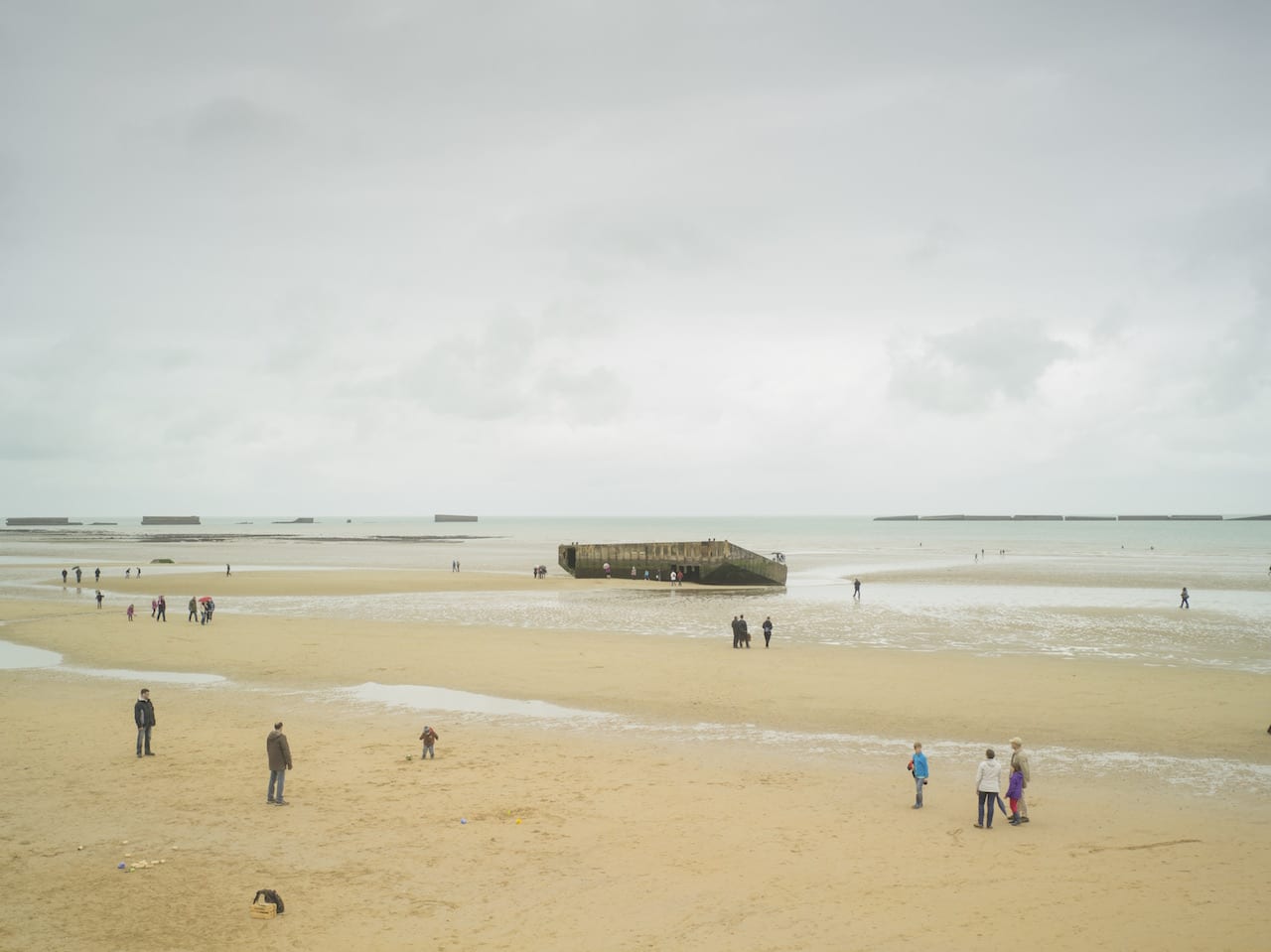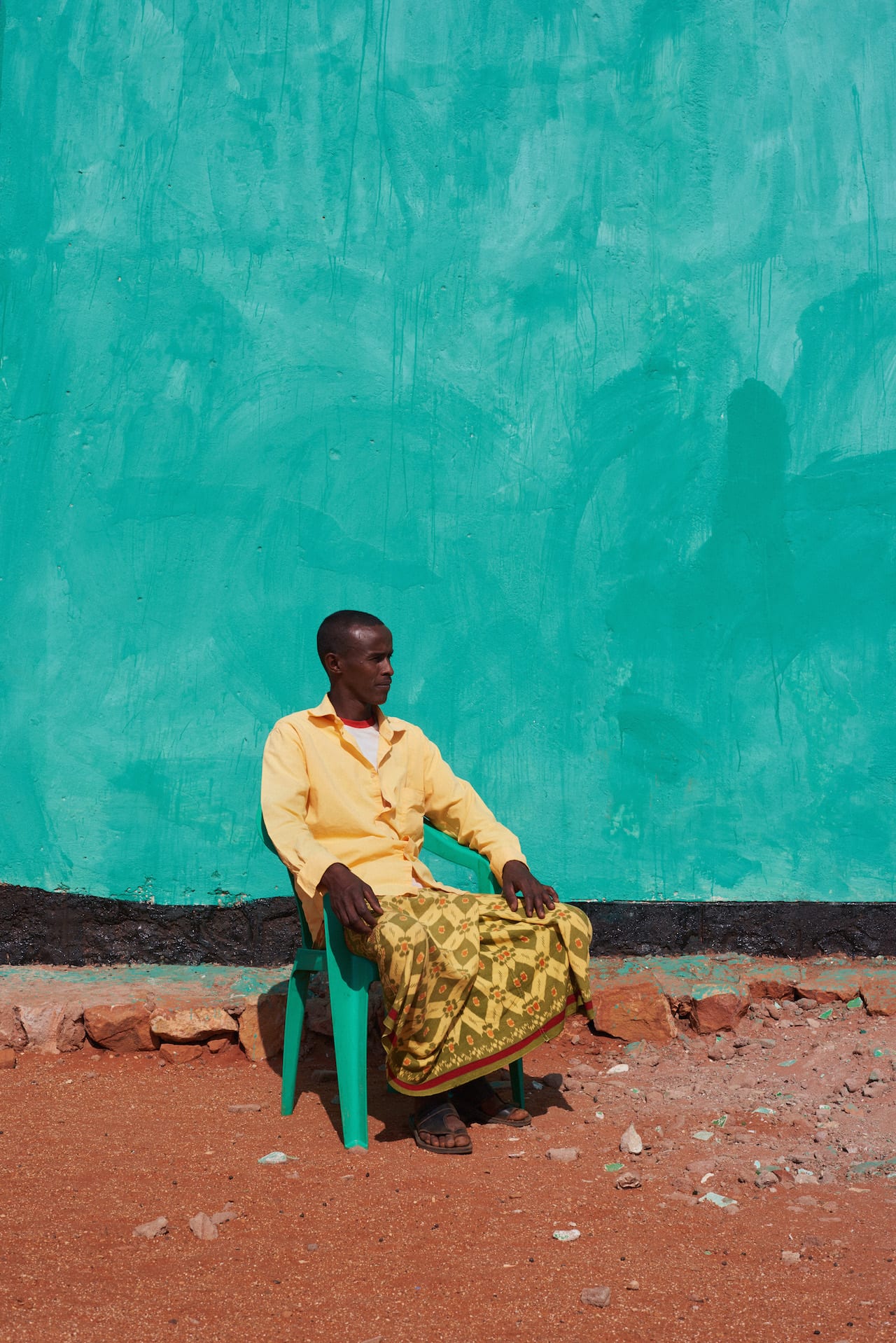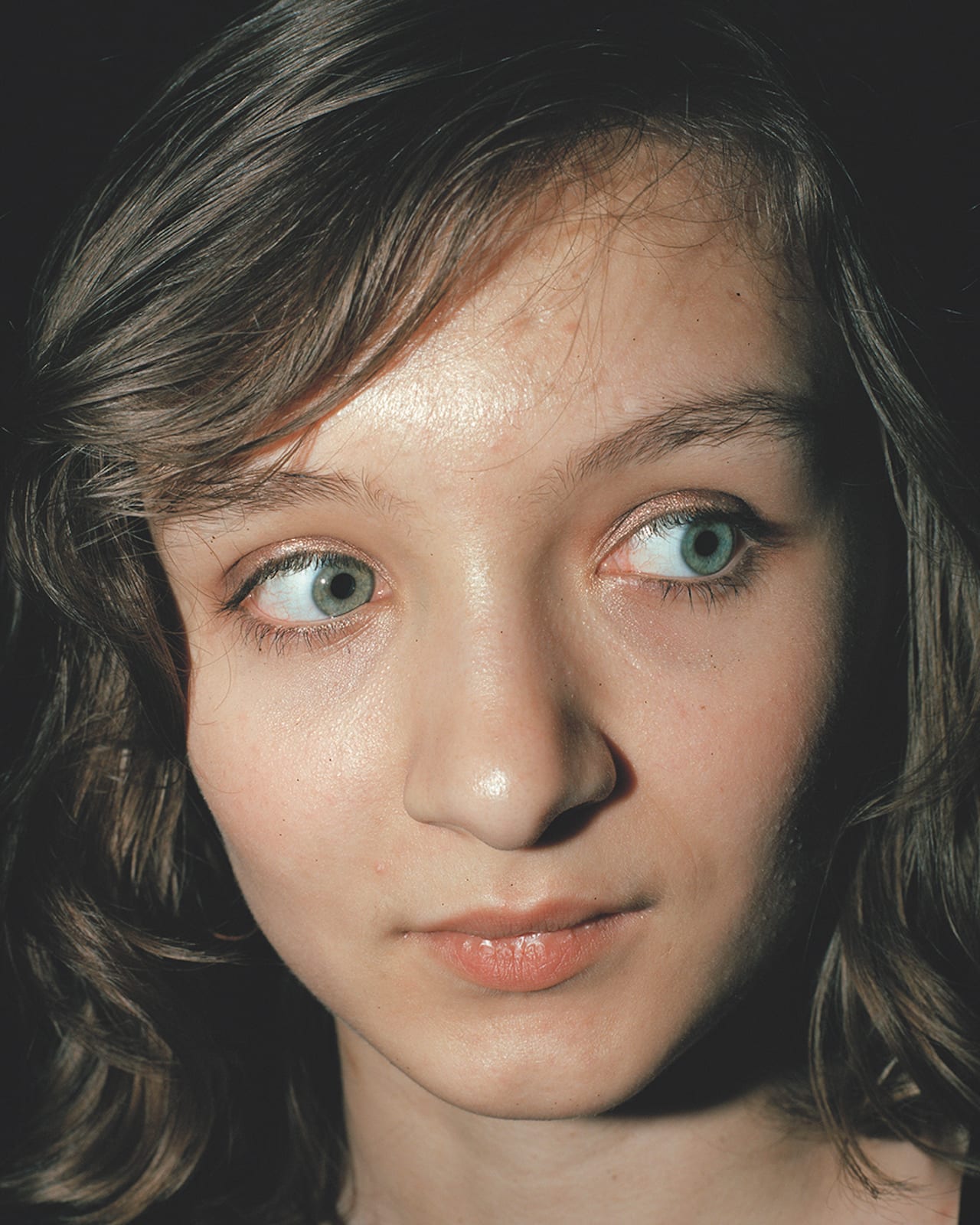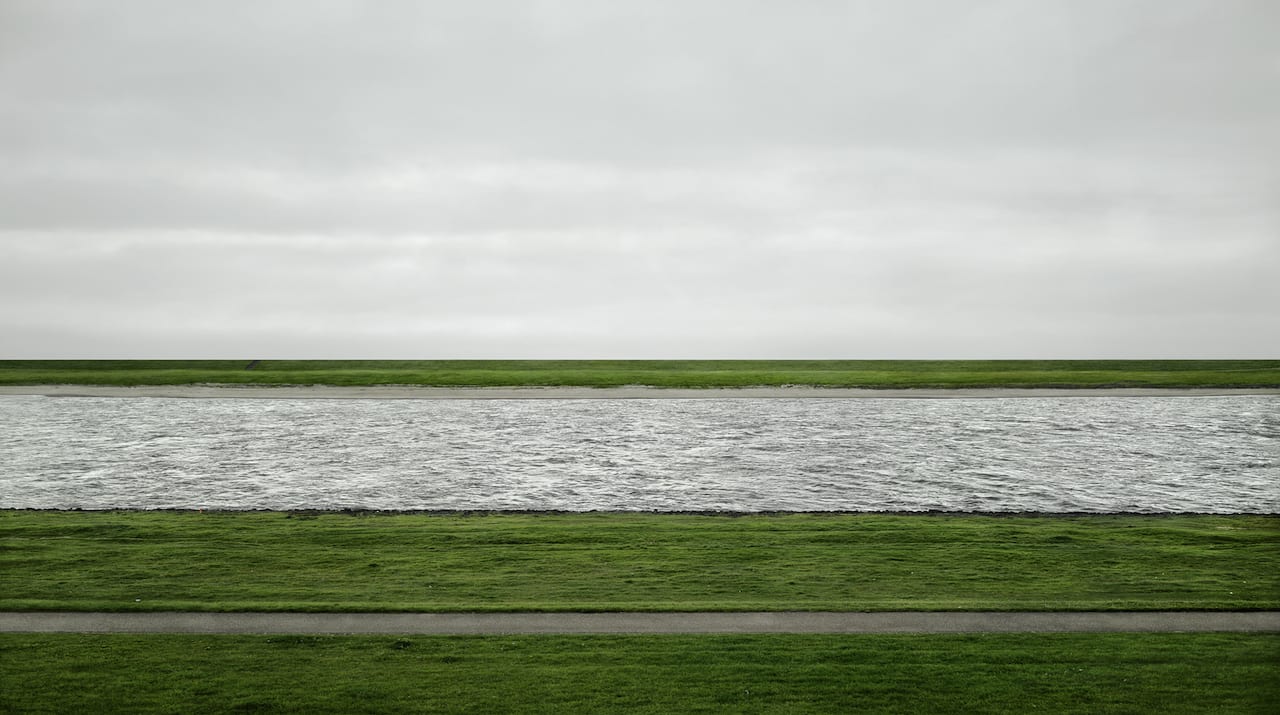Jessica Backhaus’ A Trilogy was born out of intuition. After 2015’s Six Degrees of Freedom, a project that saw the Berlin-based artist confronting personal topics of “identity, family, origin and memory” she craved something new; something rooted in minimalism and abstraction that would be wholly artistic and natural. Published now by Kehrer Verlag, the resulting book is a triptych of sorts, in which Backhaus takes her experimental sensibilities to a place of lucid colour, playful collage, and radical reduction. “I felt a cycle was finishing,” she says. “After Six Degrees of Freedom I felt empty, but not in a negative way. It was liberating. That notion of emptiness and void made me listen to how I was feeling.”
